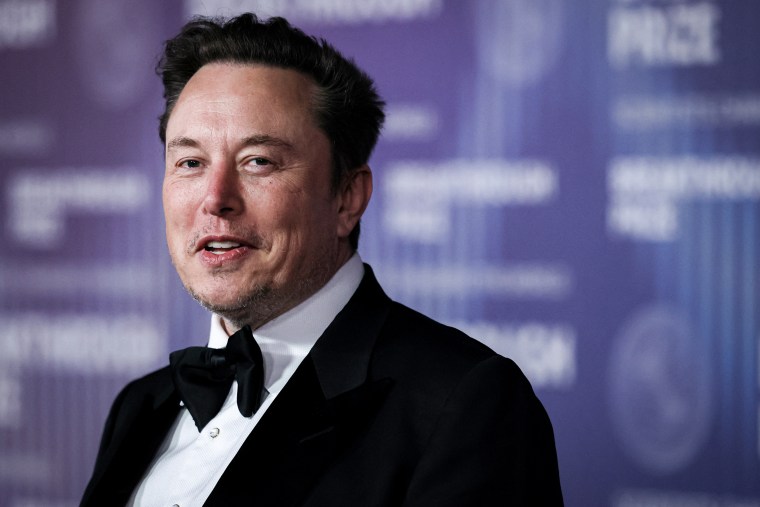WASHINGTON — The Supreme Court on Monday turned away tech billionaire and Tesla CEO Elon Musk's attempt to challenge the terms of an agreement he reached with the Securities and Exchange Commission that require a lawyer to review some of his social media posts.
The justices rejected Musk's appeal of a ruling by the New York-based 2nd U.S. Circuit Court of Appeals in favor of the government agency.
Musk complained that the SEC unlawfully imposed conditions on his ability to comment online about Tesla-related issues what has been dubbed the "Twitter sitter" provision.
He has long been an impulsive user of Twitter, now renamed X. Musk acquired the social media company in 2022.
The SEC cracked down on Musk after he posted tweets in 2018 saying he had secured funding to take Tesla private, which came as a shock to the market and initially sent the company's shares surging. The agency said the tweets were "materially false and misleading" in violation of securities law.
Musk agreed to settle a civil securities action brought by the SEC. As part of that agreement, he signed off on the social media provision.
In a separate civil case, a jury last year found that Musk was not liable for misleading investors.
Now, Musk is saying that the limits on his speech are unconstitutional and says he was effectively coerced into agreeing to it. His lawyers say in court papers that the SEC has waged an "ongoing campaign" against Musk.
The provision "restricts Mr. Musk’s speech even when truthful and accurate. It extends to speech not covered by the securities laws and with no relation to the conduct underlying the SEC’s civil action against Mr. Musk," the lawyers added.
The SEC responded in court papers that Musk had waived his right to bringing his argument when he signed off on the settlement.
Lower courts agreed in rejecting Musk's claim.

